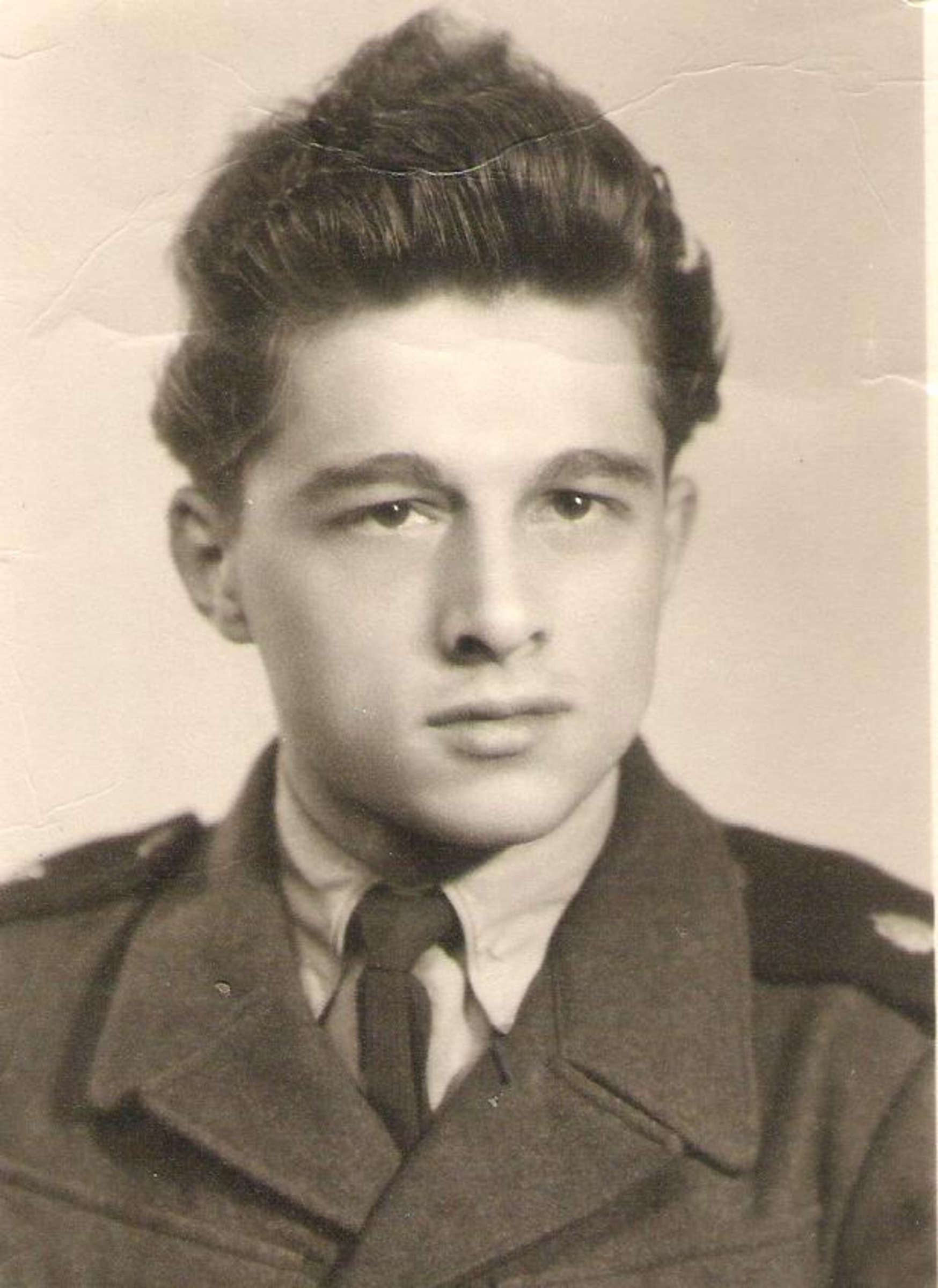Life goes on

Stáhnout obrázek
Otakar Švarc was born on the 21st of January 1931 in Zákřov near Olomouc in his parents´ house. His childhood was happy, a village boy childhood spent with his friends and two of his siblings until the time of his mother´s death. A year later, the tragedy culminates: at the very end of the war, in April 1945, his older brother and his father are brutally murdered and his birthplace burned to the ground by Russian Cossacks operating in the East Moravian region under the total command of the German Fascists. What follows for Otakar and his younger sister is an endless moving in and out from one relative to another. Later Otakar is apprenticed as a machinist, starts military service but soon opts for work in North Bohemian coal mines. He then spends all his working life at the Kohinoor 2 coal mine near Most. He is married, has two sons. The trauma of his dear ones being killed and a loss of his home has been with him ever since.

























